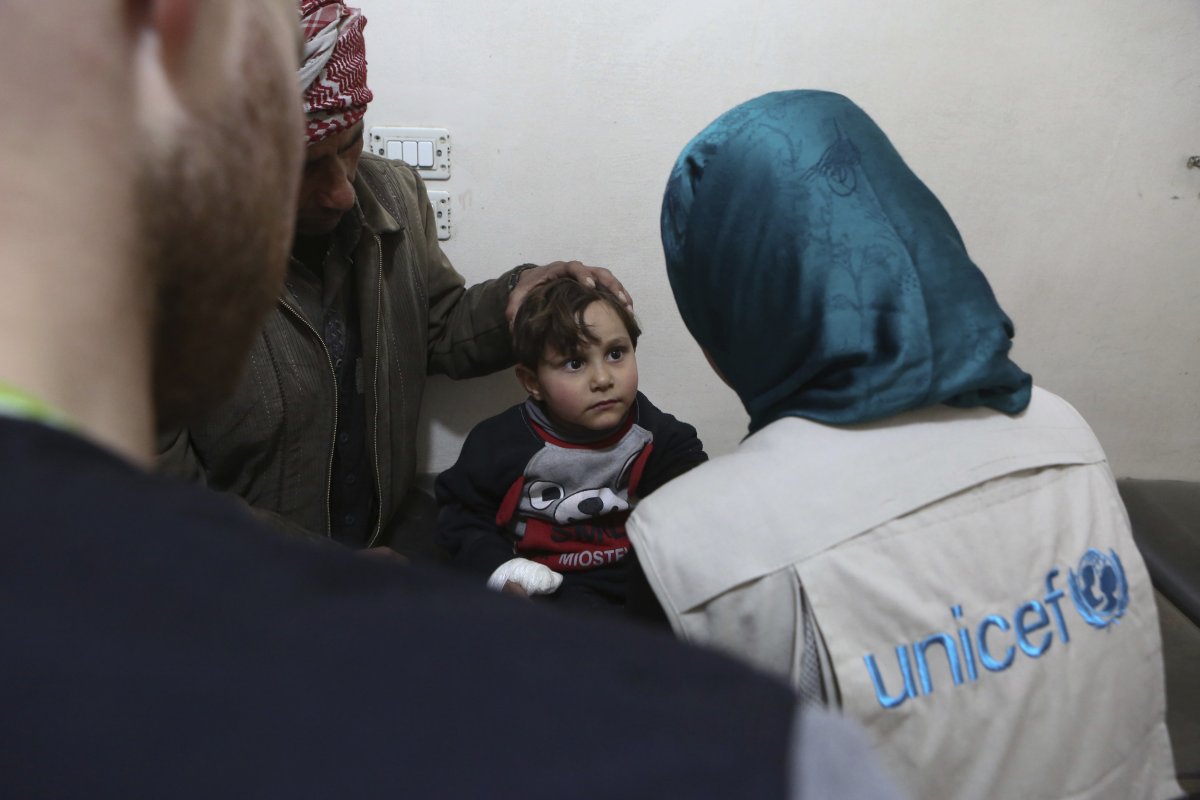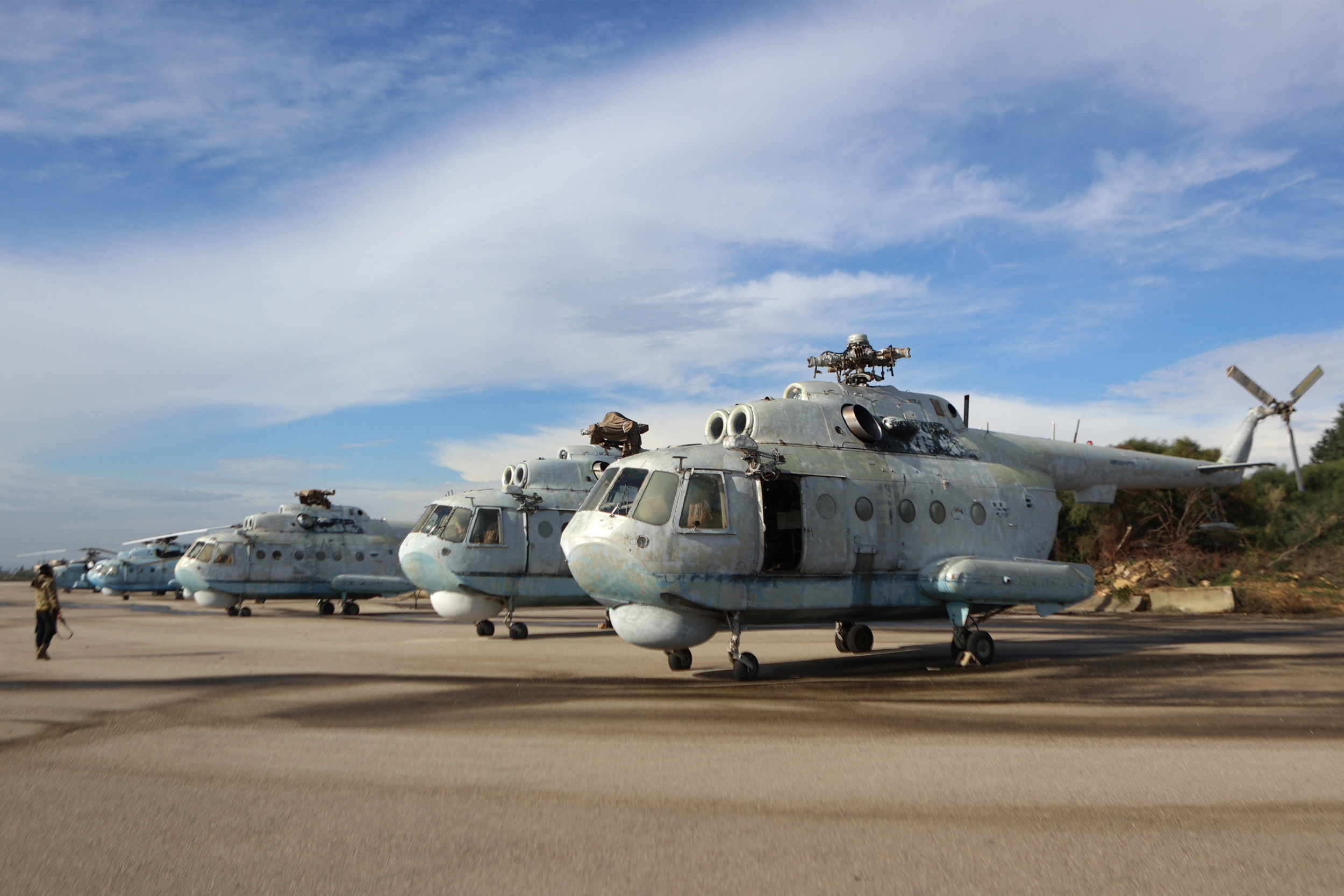With much uncertainty about the future of Syria after rebels toppled the brutal Assad regime, we do know that humanitarian aid is vital to stabilize the country. We must provide life-saving food to Syrians by supporting aid organizations in the war-torn country.
It's hard for those of us thousands of miles away to grasp the human suffering taking place in Syria. People are starving, displaced, and at risk of disease because of years of civil war.
"Humanitarian conditions inside the country are dire, with millions of children and families facing extreme deprivation," said UNICEF director Catherine Russell.

Just imagine a family in Syria that was forced to flee their home due to recent fighting, and is now facing freezing cold temperatures. Many displaced Syrians are homeless tonight. These war victims are struggling to find food to survive.
"Since 28 November, approximately one million people – most of them women and children – have experienced displacement from a range of areas, including Aleppo, Hama, Homs, and Idleb governorates. More than one in five people are being displaced for at least the second time," a United Nations Syria flash update read.
Syria's civil war began back in 2011, when the government of Bashar al-Assad began attacking peaceful protestors. But the war has been virtually absent from headlines for years until the recent offensive by rebel groups, who stunned the world by toppling the dictatorship within days.
Where there is war, there is hunger and displacement. Syrian civilians are feeling the horror of war. And the number of victims has grown rapidly in the past weeks after the renewed fighting.
"The UN has reported that many people fled with nothing, not even their shoes. They and other families are left to the mercy of harsh winter conditions where temperatures at night are barely above zero," said Rasha Muhrez, Save the Children response director in Syria.
The U.S. and international community will have to do more to help the starving and cold Syrians.
The U.N. World Food Program (WFP) said that in Syria over 3 million people are severely food insecure. They are struggling to cope, and malnutrition is rising. That WFP report was published before the recent escalation, which has increased the need for aid.
The fighting in Lebanon between Israel and Hezbollah also has increased the number of refugees fleeing into Syria. WFP had to divert its limited resources to feed those displaced victims.
The WFP, Save the Children, and other relief agencies will need to reach Syria's war victims and have the resources to help them. Funding for the relief of Syrian civilians has not kept pace with the demand. WFP has already had to reduce the number of people it feeds in Syria due to funding shortages.
We can do our part for peace in Syria by saving civilians from starvation. Any de-escalation of violence and peaceful political process for Syria must be backed with humanitarian aid.
Every one of us can help Syrian civilians by supporting the WFP, Save the Children, UNICEF, the U.N. Refugee Agency (UNHCR) and others who are providing aid to Syrians. The U.S. Food for Peace program, started by former President Dwight D. Eisenhower, will play a critical role in providing food aid to help stabilize Syria. It's critical that Congress fund Food for Peace for the relief of Syria and other nations in desperate need.
The best hope for peace in Syria and all the Middle East is ending hunger and poverty. For food and hope is the foundation for peace, stability, and economic development.
So tonight when you are inside, away from the frigid temperatures, remember the Syrian civilians who are cold and hungry. You can be the advocate that saves their lives.
William Lambers is an author who partnered with the U.N. World Food Program (WFP) on the book Ending World Hunger. His writings have been published by The Washington Post, History News Network, Cleveland's The Plain Dealer and many other news outlets. Lambers recently volunteered to write the Hunger Heroes section of WFP's online learning game Freerice.
The views expressed in this article are the writer's own.




















 English (US) ·
English (US) ·